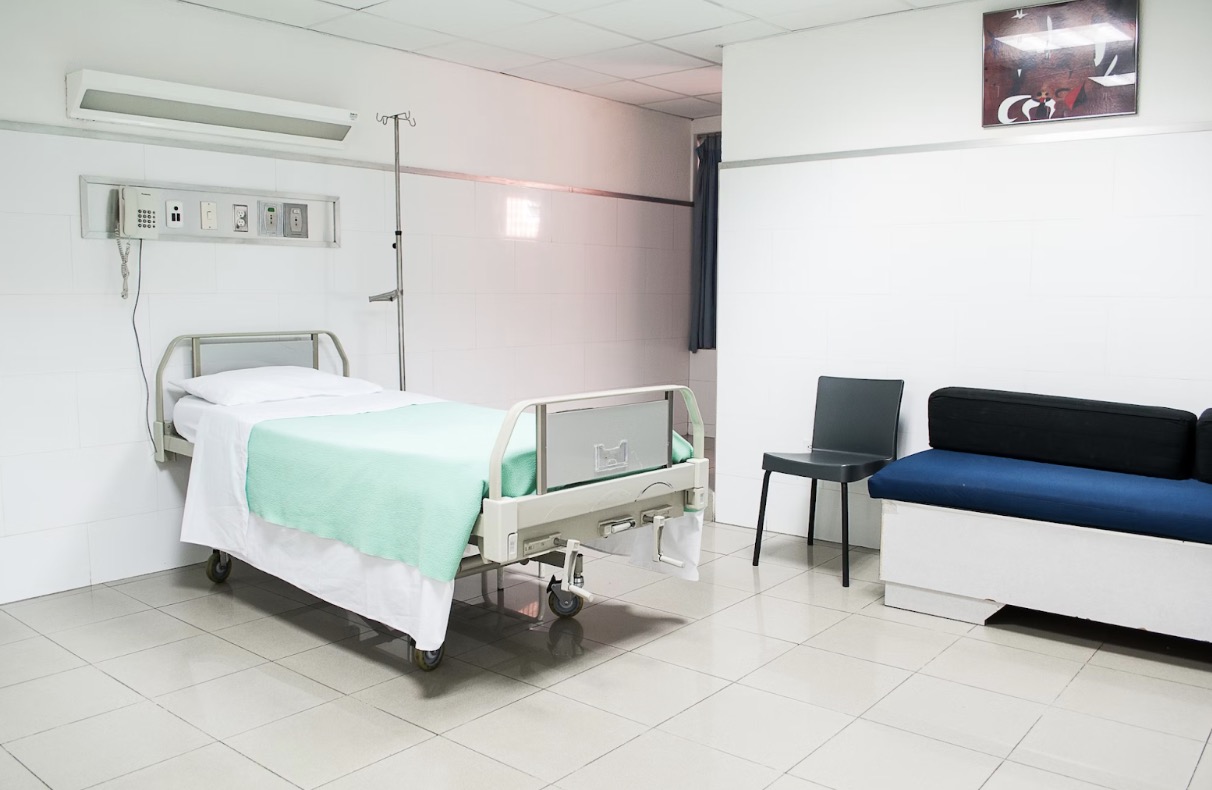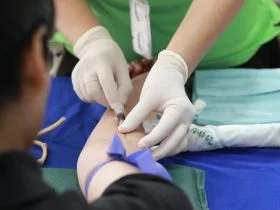Regular health screenings are pivotal in maintaining optimal health and detecting any potential health issues at early stages. These medical checks act as a preventive measure and can significantly increase the chances of a successful treatment plan if any abnormalities are found. They are the medical equivalent of regularly servicing your car – while your vehicle may appear to be running smoothly, only a professional can identify underlying issues that may cause problems in the future. Similarly, even if you feel perfectly healthy, regular screenings can help detect hidden health issues before they become serious. This document aims to delve into the importance of regular health screenings, their role in preventive care, and how they contribute to maintaining our overall well-being.
Reader's Roadmap
The Key Role of Screening in Early Detection and Treatment
Early detection of diseases through regular health screenings can not only lead to more effective treatment, but often, it can also mean a better prognosis overall. Diseases such as cancer, diabetes, and heart conditions can often go undetected until they cause serious health complications. Regular screenings, therefore, play a vital role in identifying these diseases early, often before symptoms even appear, allowing for early intervention and treatment. This early treatment can significantly improve quality of life and increase the likelihood of successful disease management or recovery. While some may be hesitant to undergo regular screenings due to fear of potential diagnoses, it is crucial to remember that early detection can ultimately save lives. Your health should always be a top priority, and regular screenings are an essential step in maintaining it.
Preventive Care and Regular Screenings
Preventive care is defined as measures taken to prevent illness and maintain good health. The concept of preventive care includes everything from maintaining a healthy lifestyle to scheduling routine check-ups and screenings. Regular screenings are a crucial aspect of preventive care as they can identify potential health issues before they become significant problems. By detecting diseases early, individuals can take proactive steps to prevent them from progressing and causing further harm. This includes making lifestyle changes, seeking treatment, or undergoing regular monitoring to manage any potential health concerns.
Hospital and Healthcare Facilities Offering Regular Screenings
Many hospitals and healthcare facilities offer regular health screenings at affordable prices or even for free, making it accessible to everyone. It is essential to take advantage of these services, particularly for those who may not have access to primary care physicians. The people at Mount Alvernia Hospital explained that these screenings often include tests such as blood pressure checks, cholesterol level measurements, body mass index (BMI) calculations, and more. These simple tests can provide valuable information about an individual’s health and serve as a starting point for further investigations if any abnormalities are found. Regular screenings should be considered an integral part of your healthcare routine. With advancements in technology, many screenings can now be done conveniently at home through telehealth services, making it even easier to stay on top of your health.

The Psychological Impact of Regular Health Screenings
Regular health screenings offer not only physical benefits but also significant psychological impact, often overlooked in discussions. These screenings can help alleviate anxiety related to health concerns and provide peace of mind, knowing that potential issues are being monitored. However, receiving a diagnosis can trigger a range of emotions, from relief to finally having an explanation for symptoms to fear and anxiety about the future. Nonetheless, early detection enables timely treatment and management, which can greatly enhance long-term mental well-being. Moreover, understanding one’s health status can empower individuals to make informed decisions, promoting self-care and preventive behavior. Thus, the psychological benefits further highlight the importance of regular screenings in maintaining overall health.
The Role of Regular Screenings in Chronic Diseases Management
Chronic diseases such as diabetes, heart disease, and obesity are increasingly prevalent, and regular screenings play a critical role in their management. Screenings allow for early detection of these conditions, enabling interventions to prevent the progression of the disease. Regular monitoring can also help to track the effectiveness of treatment plans and make necessary adjustments. For instance, blood glucose screenings for diabetes allow patients to manage their blood sugar levels effectively, preventing complications such as kidney disease and nerve damage. Similarly, routine cholesterol and blood pressure checks can identify risks for heart disease early on, allowing for lifestyle modifications and medication to reduce these risks. Therefore, regular screenings are an essential component of chronic disease management, contributing to improved health outcomes and quality of life.
In conclusion, regular health screenings are a critical component of preventive care, playing an invaluable role in the early detection of diseases, chronic disease management, and maintaining overall well-being. They serve to identify potential health issues before they escalate into complicated conditions, providing an opportunity for early intervention and treatment. By offering both physical and psychological benefits, regular screenings contribute greatly to the enhancement of life quality and longevity. While the thought of medical screenings can be daunting to some, it is crucial to remember that these preventative measures can be the very steps that save lives. Therefore, regular screenings should be an integral part of everyone’s healthcare routine, for a healthier, more informed, and empowered life.







Leave a Reply
View Comments